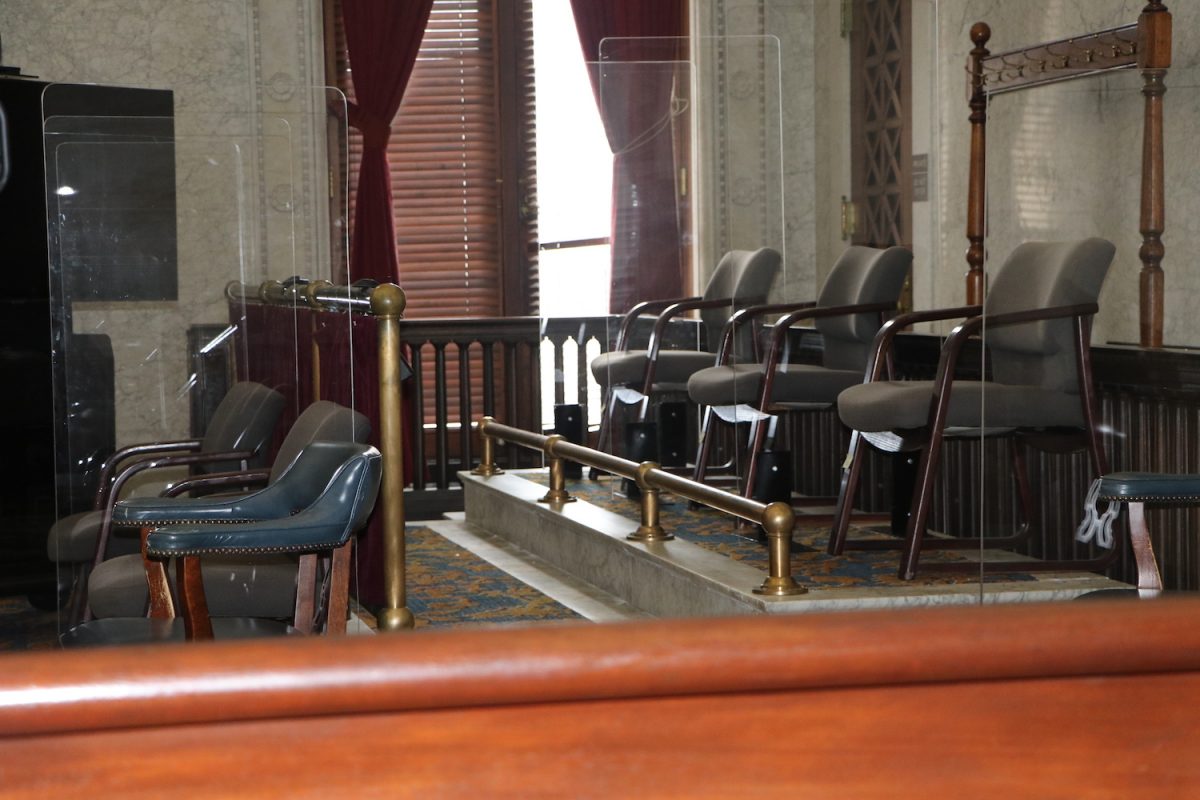
Thank you for reading Baltimore Witness.
Consider making a donation to help us continue our mission.
By
Andrew Michaels
- January 25, 2023
Court
|
Daily Stories
|
Homicides
|
Shooting
|
Suspects
|
Victims
|
Homicide victim Anthony Cain Jr. was shown no mercy as he begged for his life on July 8, 2021.
An assistant state’s attorney with the Baltimore City State’s Attorney’s Office repeated this information multiple times before a 12-person jury on Jan. 25—the first day of trial for 38-year-old Trayon Waters.
One day after Cain’s 35th birthday, Baltimore Police were called to the 1600 block of Cliftview Avenue, where they found the victim with multiple gunshot wounds. He was later pronounced dead at Johns Hopkins Hospital.
During opening statements on Wednesday, the prosecutor told the jury that Waters shot Cain a total of six times, taking a brief pause between the first three shots and the final three shots. Court documents state that Cain was with another man, both of whom were approached by three men, including Waters.
“If a picture is worth 1,000 words, how much weight do you give to a video?” the prosecutor asked the jury. She continued to explain that video footage of the shooting was obtained during the investigation and that the jury would be able to “reasonably infer” that the defendant was the shooter.
Waters also identified himself in the video during his interview with detectives, she added.
“Trayon Waters is not guilty,” defense attorney Maureen Rowland later proclaimed. “That is actually a fact. That is the only fact that you can accept at this moment.”
Rowland then compared the prosecution’s case to a Tootsie Pop, the candy-coated layers being evidence and the Tootsie Roll center being the truth.
“After all of these layers, you’re not going to find a Tootsie Roll,” the defense attorney said. “It’s going to be empty.”
All the jury would see is movement in the aforementioned video footage, she continued, indicating there could have been two shooters, each firing three gunshots one after the other. Furthermore, defense counsel argued that Waters identified himself to the police because he didn’t do anything wrong and wasn’t worried.
Following opening statements, testimony began Wednesday morning and was expected to continue in the afternoon before Baltimore City Circuit Court Judge Ronald Silkworth.
